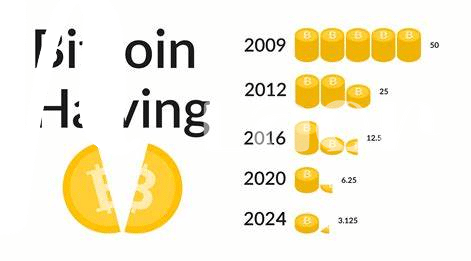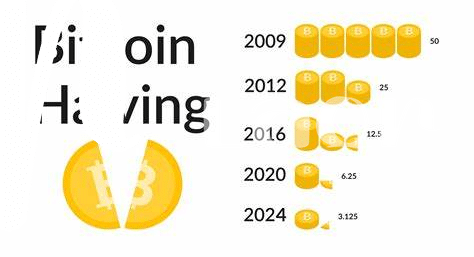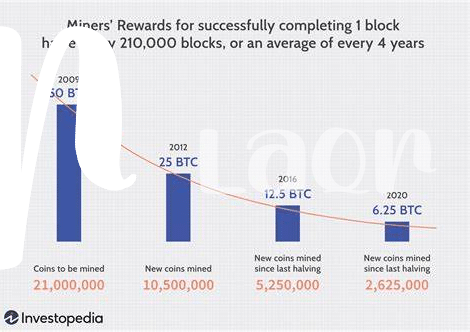What Is Quantum Computing? 🖥️

Imagine a super-powered computer, somewhat like a superhero of the computing world. This isn’t just any computer, but one that uses the principles of quantum physics—the science that explains how things work in the tiny world of atoms and subatomic particles. This is the essence of quantum computing. It’s kind of like if computers had a magic wand, allowing them to solve complex puzzles incredibly quickly, puzzles that today’s computers would take thousands of years to solve.
Quantum computers are not just faster versions of our current computers. Instead of using bits, which are like tiny switches that can be turned off (0) or on (1), they use qubits. Qubits are magical in their own right because they can be off, on, or both at the same time thanks to a phenomenon called superposition. Plus, they can be entangled, meaning the state of one qubit can depend on the state of another, no matter how far apart they are. This leap in technology holds the potential to revolutionize not just computing, but every field it touches, offering the ability to process and analyze data at speeds we’ve hardly dared to imagine.
| Term | Description |
|---|---|
| Quantum Computing | A type of computing that uses quantum bits and principles of quantum physics to process information much faster than traditional computing. |
| Qubit | The basic unit of quantum information, capable of being in a state of 0, 1, or both simultaneously due to superposition. |
| Superposition | A quantum principle that allows particles to exist in multiple states at the same time, a feature leveraged by quantum computing. |
| Entanglement | A quantum phenomenon where particles become interlinked, and the state of one can instantly influence another, regardless of distance. |
Basics of Bitcoin Mining Explained 💰
Imagine a digital gold rush where instead of spades and sieves, computers are the tools of trade. This is the world of Bitcoin mining, a fascinating process where computers solve incredibly complex math problems to secure transactions on the Bitcoin network. Every time these problems are solved, the miner is rewarded with Bitcoin – sort of like a digital treasure chest. It’s not just a game of chance, though; it requires significant computational power and energy, much like mining for real gold.
As Bitcoin has grown in popularity, so too has the complexity and competition in mining. Each transaction adds a new ‘block’ to a chain of previous transactions, making a secure ledger that cannot be altered without redoing all the subsequent work. This ensures the integrity of the entire system but also means that as more miners join the fray, the puzzles have become harder to solve. It’s a self-regulating system that keeps everyone honest while also consuming a vast amount of computing power. As we look to the future, especially 2024, understanding this balance between competition and security will be crucial for anyone involved in the digital currency space. For more insights into how the Bitcoin boom affects this balance, check out https://wikicrypto.news/decoding-2024s-bitcoin-boom-causes-and-effects.
Quantum Computing Vs Traditional Computing in Mining 🔍

Imagine a race between a super-fast, futuristic car and a classic car. Both are impressive, but one has the edge in speed and efficiency. This is similar to comparing the new kid on the block, quantum computing, with our reliable classic, traditional computing, especially when it comes to the world of Bitcoin mining. Traditional computing works like reading a book page by page, methodically processing one bit of data at a time. Quantum computing, however, flips the script by reading the entire book in a single glance, thanks to its ability to process complex calculations at breakneck speeds. This means for Bitcoin mining, a field that’s all about solving complex mathematical puzzles to validate transactions and create new coins, quantum computing could dramatically speed up the process.
However, it’s not just about speed. Quantum computing introduces a new level of efficiency that could change the game for Bitcoin miners. Currently, mining requires immense computational power and energy, contributing to significant operational costs and environmental concerns. Quantum computers, with their ability to solve puzzles more efficiently, could potentially reduce these costs and the carbon footprint of mining operations. This new technology is poised to bring a revolution in the mining process, but it’s essential to note that we’re still in the early days of understanding and harnessing this power for practical use in the crypto world.
Potential Benefits of Quantum in Bitcoin Mining 🚀

Imagine a world where Bitcoin mining, the process of validating transactions and creating new coins, is supercharged by the capabilities of quantum computing. This isn’t just a pipe dream. Quantum computers, with their ability to process complex calculations at unimaginable speeds, promise to revolutionize many industries, and Bitcoin mining could be one of the biggest beneficiaries. Unlike traditional computers, which process bits in a linear and sequential manner, quantum computers use quantum bits (qubits), which can exist in multiple states at once, enabling them to solve complex mathematical problems, such as those found in cryptography and blockchain, at a much faster rate.
This leap in processing power could significantly reduce the time and energy required to mine Bitcoin, making the whole process more efficient and environmentally friendly. Currently, Bitcoin mining consumes as much energy as some small countries due to the computational heft required. Quantum computing could trim this demand, making Bitcoin mining more sustainable and potentially even more profitable. On the flip side, this brings up concerns about the what can you buy with bitcoin security concerns as the increased power could potentially break cryptographic security with ease. However, the advancement in quantum-resistant algorithms is underway to address these challenges. The future of Bitcoin mining with quantum computing shines bright, heralding a new era of efficiency and sustainability in the cryptocurrency world.
Challenges and Concerns with Quantum Mining ⚠️
Exploring the potential of quantum technology in bitcoin mining opens up a world of possibilities, yet it’s not without its fair share of bumps in the road. For starters, the sheer power of quantum computing could disrupt the current mining landscape, posing a risk to the democratic nature of bitcoin mining. Currently, mining is a competitive field where anyone with the right equipment can participate. However, if quantum computing becomes the new norm, it might concentrate power in the hands of a few, making it harder for the regular Joe or Jane to get involved.
Moreover, security concerns are at the forefront of everyone’s mind. Bitcoin’s security relies on cryptographic techniques that could potentially be cracked by quantum computers in lightning-fast times, putting the entire blockchain at risk. This table outlines some of the main concerns and challenges that come with quantum bitcoin mining:
| Challenge/Concern | Description |
|---|---|
| Centralization Risk | Potential for quantum mining power to be concentrated among few, undermining the decentralized nature of bitcoin. |
| Security Vulnerabilities | Quantum computing could break current cryptographic defenses, threatening the integrity and security of the blockchain. |
This shift not only could change the competitive landscape but also demands a fundamental rethinking of the security protocols that keep bitcoin safe. It’s a paradox; the very technology that could revolutionize bitcoin mining also poses some of its greatest challenges.
The Future of Bitcoin Mining with Quantum Computing 🌐

Imagine a world where the process of mining Bitcoin isn’t just faster, but also more energy-efficient and secure. This isn’t a story from a sci-fi novel—it’s a potential future thanks to quantum computing. Quantum computers, with their ability to process complex computations at lightning speed, could revolutionize how bitcoins are mined. They could solve the complex mathematical puzzles required for bitcoin mining much quicker than today’s most powerful traditional computers. However, this leap isn’t without its hurdles. As quantum computing is still in its infancy, the path to integration into bitcoin mining will be filled with trial and error, immense learning, and undoubtedly, game-changing breakthroughs.
Yet, integrating quantum computing into bitcoin mining doesn’t just open the door to faster operations; it also ushers in concerns about the security of the blockchain. As quantum computers become more accessible, the encryption that protects bitcoin transactions could potentially be at risk. The bitcoin community, ever resilient and forward-thinking, is already exploring quantum-resistant algorithms to safeguard the future of cryptocurrencies. Amidst these developments, keeping abreast of the latest trends is critical. For insights into navigating these changes and making the most of the opportunities they present, consider exploring who created bitcoin market trends in 2024. As we march towards 2024, the landscape of bitcoin mining is poised for groundbreaking changes, promising a fascinating journey ahead for miners, investors, and enthusiasts worldwide.
